TEHRAN — A leading Iranian nuclear scientist, Mohsen Fakhrizadeh, was assassinated Friday near Tehran, Iran’s Defense Ministry said.
In the West, Fakhrizadeh was commonly referred to as Iran’s Robert Oppenheimer, the American scientist who helped father the atomic bomb in 1945, and was considered among the most important nuclear scientists in Iran.
Fakhrizadeh has long been suspected by the West of having masterminded a covert atomic bomb program that was halted in 2003. Iran has consistently denied seeking to develop a nuclear weapon.
Soon after the announcement of Fakhrizadeh’s death, Foreign Minister Mohammad Javad Zarif wrote on Twitter that “terrorists” had murdered an “eminent Iranian scientist.”
“This cowardice — with serious indications of Israeli role — shows desperate warmongering of perpetrators,” Zarif wrote. “Iran calls on international community — and especially E.U. — to end their shameful double standards and condemn this act of state terror.”
A spokesman for Prime Minister Benjamin Netanyahu of Israel, considered Iran’s arch-enemy, told NBC News that his office was “not commenting” on the news.
The U.S. State Department, White House and CIA have not responded to NBC News’ requests for comment. A spokesperson for the Pentagon declined to comment. However, President Donald Trump retweeted a post on Friday from an Israeli journalist, Yossi Melman, about Fakhrizadeh’s killing.
Iranian state media reported that Fakhrizadeh died in an attack on his car in the Absard area of the province of Damavand, about 40 miles east of Tehran, the capital. The area is a well-known retreat for Iran’s elite.
State media referred to Fakhrizadeh as a “martyr” after reporting that doctors and paramedics at a hospital had failed to revive him after the attack and that he left behind a wife and children.
NBC News has not independently confirmed any details surrounding Fakhrizadeh’s death. No one has claimed responsibility for the attack.
“Fakhrizadeh was a significant and irreplaceable official,” a former senior U.S. intelligence official told NBC News on the condition of anonymity.
He said Fakhrizadeh was significant not only because he had the technical skill and knowledge to manage a nuclear weapons program but also the “trust” of senior Iranian political leaders, including Supreme Leader Ayatollah Ali Khamenei. He added that it would be wrong to minimize Fakhrizadeh’s “loss to Iran.”
The killing also raises serious questions about Iran’s ability to safeguard secrets and maintain security, he said.
At least five Iranian nuclear scientists have been killed since 2007, mostly in dramatic fashion, with motorcycle-borne assailants and car-bombs, U.S. officials have previously told NBC News.
Download the NBC News app for breaking news and politics
In January, Trump ordered the assassination of one of Iran’s top military generals, Qassem Soliemani.
The leader of the secretive Quds force, a branch of Iran’s Revolutionary Guard, Soliemani was killed when a U.S. drone targeted his motorcade in Baghdad on Jan. 3. Iran retaliated less than a week later by firing missiles at American troops in Iraq.
Tensions between Tehran and Washington escalated when Trump withdrew the U.S. from a landmark nuclear agreement between Iran and world powers in 2018.
President-elect Joe Biden has promised to rejoin the Iran nuclear agreement if Tehran abides by the deal, although Fakhrizadeh’s death may now complicate matters.
The killing of Fakhrizadeh was a “reckless step” said Ryan Costello in a statement, policy director of the National Iranian American Council, a U.S.-based nonprofit that is funded by the Iranian-American community and some American foundations. Costello said the attack appeared intended to “poison the well” for future negotiations between Iran and the incoming Biden administration.
“This dramatic escalation in the waning days of the Trump presidency appears to be part of a scorched earth approach to sabotaging diplomacy and locking the U.S. and Iran onto the war path,” he said.
Iran’s Army chief Major General Abdolrahim Mousavi condemned the nuclear scientist’s assassination in a statement carried by Iran’s semi-official Fars news agency, and warned, “Iran reserves the right to take revenge on enemies.” He did not specify further details.
However, Tehran’s reaction is often restrained but drawn out, said Karim Sadjadpour, a senior fellow of the Middle East program at the Carnegie Endowment for International Peace, a think-tank.
“Revenge is a dish best served cold,” he tweeted. “The full impact of Fakhrizadeh’s death will likely take months if not years to appreciate.”
The Middle Eastern country has long been at odds with regional neighbors such as Israel and Saudi Arabia.
Many in Israel consider Iran an existential threat, and Netanyahu has made a tough stance on Iran a top priority, accusing Tehran of seeking to develop nuclear weapons and pushing U.S. administrations not to sign — and later to withdraw from — the country’s 2015 nuclear deal.
Netanyahu has also been an advocate for direct military action against Iran and at times was reined in by top generals.
In 2018, Netanyahu gave a presentation in which he unveiled what he described as material stolen by Israel from an Iranian nuclear archive and showed a photograph of Fakhrizadeh.
“This is how Dr. Mohsen Fakhrizadeh, head of Project Amad, … Remember that name, Fakhrizadeh,” Netanyahu said.
Ali Arouzi reported from Tehran, Saphora Smith and Adela Suliman from London, and Dan De Luce from Washington, D.C.
Reuters and The Associated Press contributed to this report.
Paul Goldman and Courtney Kube contributed.





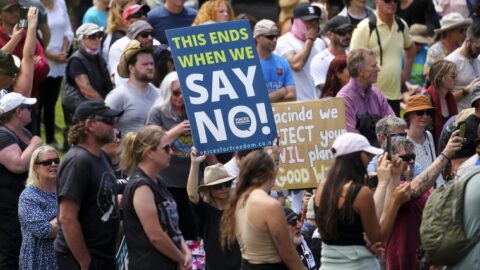
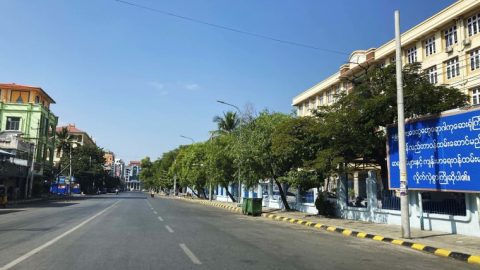
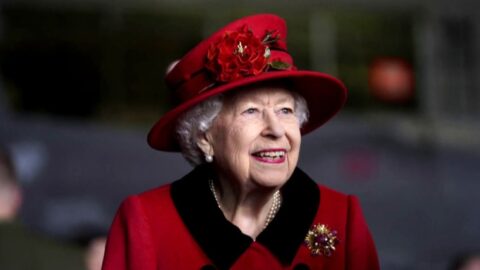
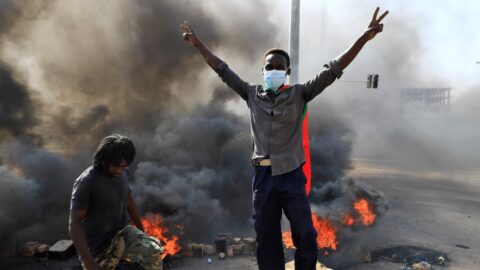
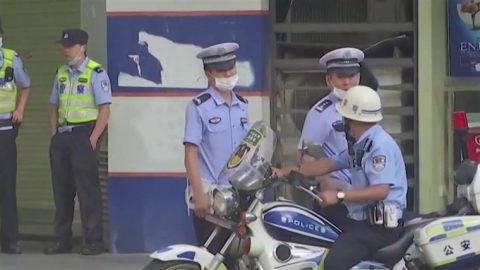

Recent Comments